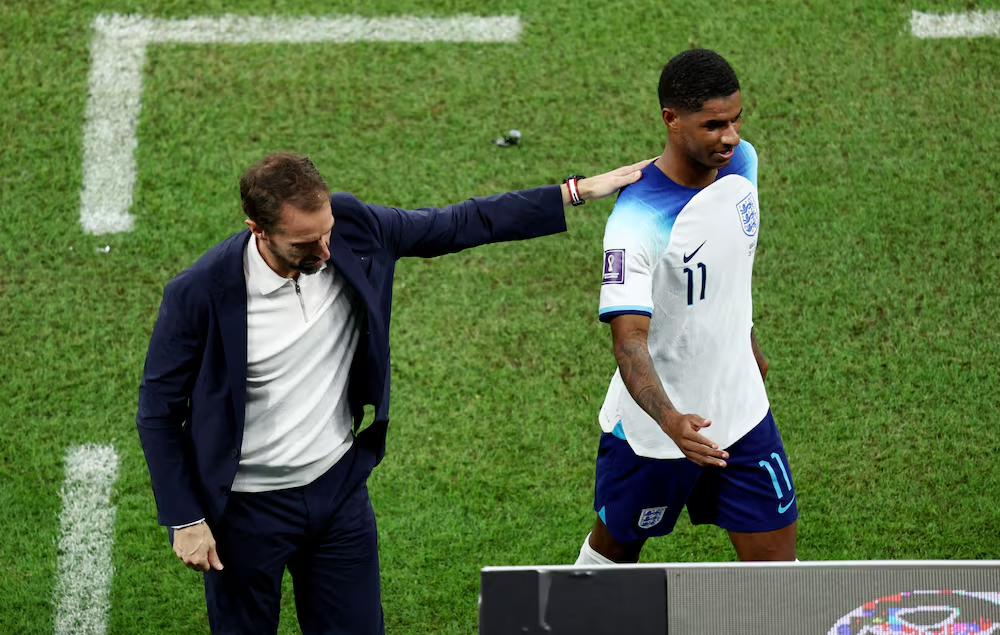The 2024 World Snooker Championship has come to a close after intense competition, featuring the remarkable performance of Kyren Wilson, who masterfully defeated Jack Jones with an 18-14 score, fervently claiming his first World Championship title. This victory not only added the first “Triple Crown” honor to his personal achievements but also increased his ranking title count to six. With this feat, Wilson has undisputedly claimed the throne as the “strongest post-90s” player.

Among various sports, “post-90s” players are no longer rookies, and in the snooker green baize their rise has only begun to create a stir in the past two years. Looking back at the 2023 World Snooker Championship, Belgium’s prodigy Luca Brecel fought his way through, breaking the challenge of legendary players and becoming the first “post-90s” player to win the World Champion title. Following that, in 2024, the young “post-90s” force continued to forge ahead, this time dominating by sweeping both champion and runner-up positions.
On their road to the final, the performances of Kyren Wilson and Jack Jones were exceptional. Kyren Wilson defeated Dominic Dale 10-6 in the opening round, while Jack Jones easily advanced past Zhang Anda with a 10-4 win. In the second round, Wilson overcame Joe O’Connor 13-6, and Jones outplayed Xiao Guodong 13-9. During the third round, Wilson defeated John Higgins 13-8, and Jones beat Judd Trump 13-9. In the semi-finals, Wilson secured a 17-11 victory over David Gilbert, whereas Jones triumphed 17-12 against Stuart Bingham.
It is common for dark horses to emerge in major competitions, but it is rare for them to make it to the very end. Many surprising contenders sweep through the competition only to falter in morale when they face the imminent trophy and scrutiny from all sides. For Kyren Wilson, seen as a dark horse, to make it all the way to the final was already impressive. On the other hand, Jack Jones, ranked 44th and a qualifier, had an even more remarkable journey. In the first session of the final, Wilson showed his class with an exceptional 7-0 run, leaving his opponent stunned and finishing with a huge 7-1 advantage. In the second and third sessions, he further extended his lead to 11-6 and 15-10, demonstrating his dominance. Clearly, Jones began to regain his usual level in the second session and, despite his efforts to score points, failed to make a significant comeback. In the fourth session, Wilson remained calm and steady, quickly securing a 17-11 match point. Even though Jones clawed back three points to make it 14-17, the impassioned 32nd frame ultimately saw Wilson capitalize on one opportunity to win 18-14, marking his own achievement as the 23rd champion in the history of the Snooker World Championship.
For Chinese snooker fans, this year’s World Championship might seem a bit subdued. The quietness is due to the early departure of local strong players like Ding Junhui, Zhang Anda, and Si Jiahui, as well as top snooker names such as O’Sullivan, Selby, and Trump not making it to the final stages of the contest.
Even from the perspective of supporting local players or simply enjoying the event, this World Championship seems to struggle to excite the Chinese audience. However, from the perspective of the competition itself, such an outcome is not unexpected. The careers of snooker players can be exceptionally long, with veterans approaching their 50s like O’Sullivan, Higgins, and Mark Williams still able to maintain high-level performances and having shown strong results before this season.
However, the World Championship often imposes stricter requirements on participants in terms of mentality, experience, and fitness, tests of attributes you cannot find in other tournaments. Here, when we talk about fitness, we refer more precisely to “stamina”. Despite “The Rocket” O’Sullivan looking energetic, Higgins and Mark Williams might struggle against younger players in protracted battles unless they can win quickly. Age may not explain all the upsets in this Championship, but the trend of generational change is unmistakable.
As for the Chinese contingent, there weren’t many surprises this time. Across each season, Chinese players’ performances seem to follow a certain pattern: excellent results before the World Championship, likely success in the UK Championship and Masters mid-season, and standout performances in the World Championship qualifiers. However, once in the main competition, most players aren’t able to advance much further.
If we attribute the limitations of the aforementioned “post-75” veterans to stamina, the shortcomings of the Chinese players are more evident in terms of mindset and experience. To date, no other Chinese player has been able to replicate Ding Junhui’s achievements at the World Championship, though the event has not been one of his strong suits. Based on his strength shown in other events, Ding has had opportunities to claim the World Championship title over the years.
In recent years, young Chinese players have captured prestigious titles like the UK Championship and Masters, but they seem to struggle to perform at their usual standard on the World Championship stage. A player like Zhang Anda, who was in strong form during the season, also unfortunately faced a first-round exit. What factors are missing? This question is left for the fans and audience to discuss.



